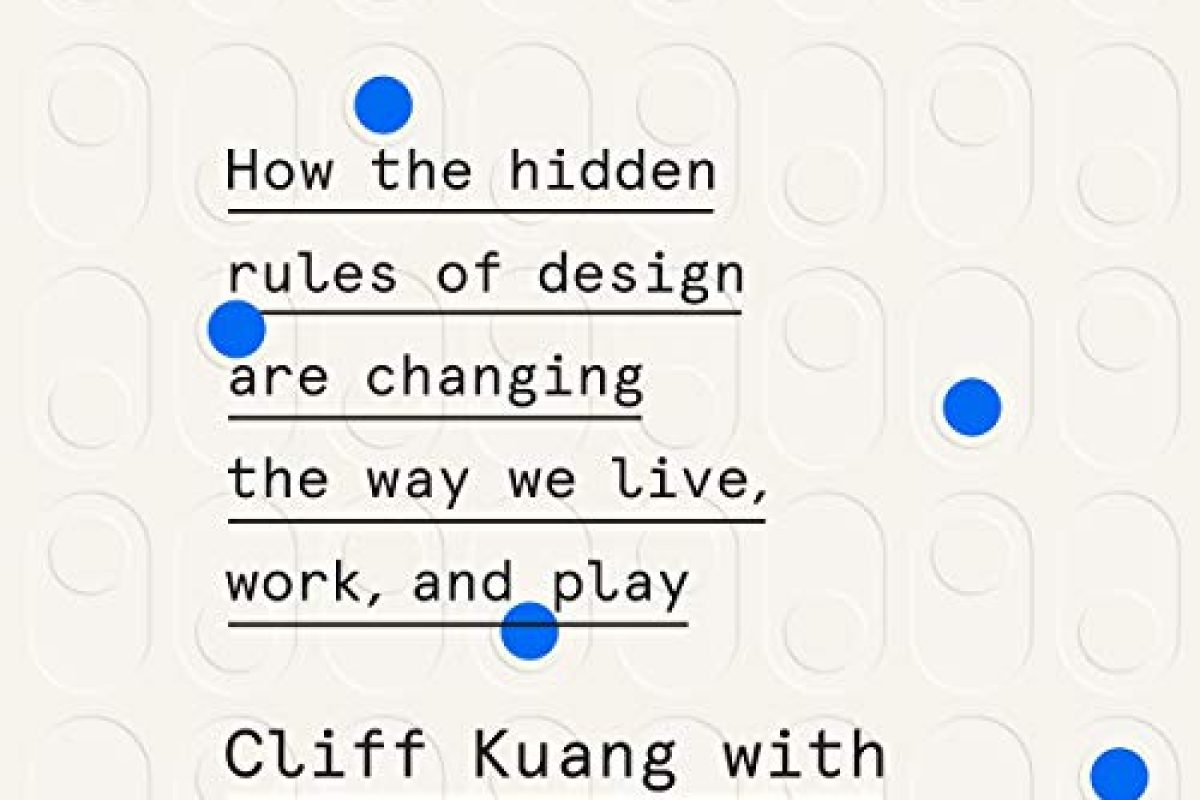In “User Friendly: How the Hidden Rules of Design Are Changing the Way We Live, Work, and Play,” authors Cliff Kuang and Robert Fabricant delve into the omnipresent yet often unnoticed realm of design that influences our interactions with technology and even the physical world. The book serves as both an insightful history and a prescient glimpse into the future, demonstrating how design has evolved from a niche specialization into a fundamental aspect of our lives.
One of the most compelling features of “User Friendly” is its ability to illuminate the complex relationship between design, technology, and human psychology. Kuang and Fabricant draw on a wide array of examples, from the layout of a standard remote control to the user interface of smartphones, to reveal how seemingly trivial design choices can have profound impacts on usability, accessibility, and human behavior. This focus on the end user makes the book particularly relevant in an era where user experience (UX) has become a cornerstone of product development and business strategy.
The book is well-researched and packed with intriguing case studies and interviews with leading experts in the field. Its historical context—exploring the origins of design thinking and user-centric design—adds depth and nuance to the narrative. However, some readers may find the scope of topics covered to be a bit broad, leaving them wishing for a deeper dive into specific areas. Additionally, while the book does touch on the ethical dimensions of design, particularly in relation to technology’s influence on behavior, this aspect could be further explored.
Overall, “User Friendly” offers a compelling overview of the evolving landscape of design and its increasingly vital role in shaping human experience. It combines academic rigor with engaging storytelling, making it an invaluable resource for designers, business leaders, and anyone interested in understanding the profound ways in which design impacts our daily lives. Whether you’re a seasoned design professional or simply curious about why things work (or don’t work) the way they do, “User Friendly” will provide you with a new lens through which to view the world.




